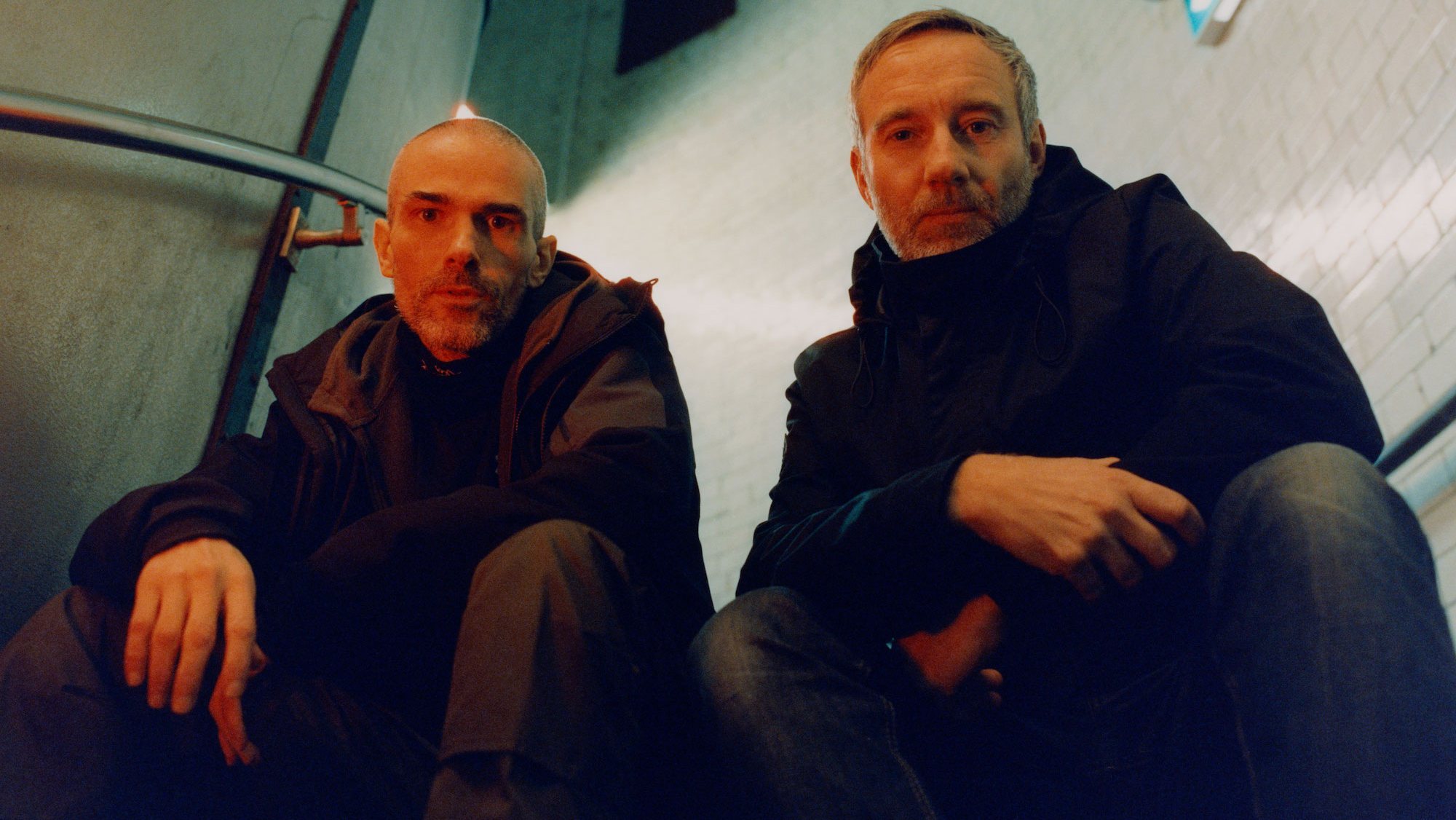The future, by default, takes a while to arrive in Portugal. Sometimes so long that you stop believing it will ever happen. Since the early ’90s, Autechre has created electronic music that is as demanding as it is revolutionary. Both aspects combined generated a rare gratification, it was sharing an idea of the future, that progress of art that the rhythm of the present cannot keep up with. Warp, the label that has released all of Autechre’s albums to date, showed like no other in that decade how such an abstract future could be bright and full of provocations, in a way that encouraged people to experiment, to open their minds. minds, in a way. . Until this Friday, April 12, 2024, Autechre had never acted in Portugal.
It’s been over thirty years since Rob Brown and Sean Booth formed Autechre in 1987 and even over thirty years since their debut album, incunabula (1993). In these more than thirty years, different minds have been formed listening to Autechre. It was expected that everyone from a certain Portugal would be present at the two Culturgest concerts in Lisbon. And that was. Representing different eras, many other generations and ways of experiencing music, for some it would not be completely new, for others it would be a debut outside the revolutionary context of the 1990s. For a large majority, it was the first time.
The day the concert was announced, tickets sold out in a matter of hours. A few days later a second performance was confirmed, which would take place on the same day, but later, at 11:15 p.m. (the first was scheduled for 9:00 p.m.). We attended the first one, a full room, a tremendous urgency from a certain point, to seat the last people because the concert was about to start. And when the idea of “we are ready” was still being assimilated, the lights went out, an austere sound began to interrupt the conversations and mark the beginning of another completely different dialogue.
The sound was a continuous act, the constant presence of something that happens in another dimension but that is revealed, made heard, according to the will of Rob Brown and Sean Booth. The last people were still entering the auditorium and the musicians were already on stage, behind a structure that recommended distance and offered little visibility, fueling the mystery. They were on stage, yes, but avoiding the preglory of the entrance and the applause. They were there as if nothing had happened, ready to open a certain portal.
Part of this attitude is part of the performance. It is Autechre’s conception of the “show”, they want the public to focus only on the sound, on the music. We must avoid any distraction, any sensation that brings us closer to a normal concert, because the idea is that it should not be that. In less than an instant, almost without realizing it, the lights go out, almost total darkness, we look for the possible adaptation and we listen to Autechre, without introduction, without warning, in less than a second we enter into an idea of a continuous act, with something that is happening and of which we are now also a part.
Those who still look for places do so using the lights of their cell phones. An apparently banal tool, which created a certain disagreement with the experience but, at the same time, reinforced the disorientation of the moment, showed differences, revealed contrasts between the real world and that dense and abstract galaxy, the evolution of a heavy sound mass. , made from the basic elements of what is recognized in Autechre post-2000: less harmony, fewer angles, the sensation of a body that develops around us, which challenges formulas of other genres, be it electro, hip hop or Vangelis synthesizers. . There is no break, it is intense for almost the entire duration (just over sixty minutes).
Almost total darkness serves the purpose. We quickly discard the idea of a concert and enter the sensation-experience, either with our eyes closed or with them open, seeing two semi-illuminated bodies on the stage, they seem like ghostly projections that move without us being able to really understand what they are doing. Almost total darkness allows you to experience sound without prejudice and without deviations. The idea of music as an experience, as a concrete matter, is rarely assumed in this way. An attitude that is also made up of good bragging: yes, Autechre manages to place 700 souls sitting in silence, with their screens off and in their pockets, in a dimension that is both individual and communal. And they did it twice in a row.
Autechre’s music is an idea of the future that brings together. Like a Kraftwerk with another scale and other intentions, but with the same distribution of novelty as a foreign body. The only drawback was the sound in the room. According to reports heard, this was one of those concerts where the venue mattered. A little further to one side another detail was lost and we often heard a homogeneous and muffled mass of sound that was not the initial idea.
Unlike the beginning, it ended with a semi-notice, a quick sound contrast that offered a few minutes of harmony that allowed us to return to reality without much noise. Like someone who wants to soften the landing back to reality. The lights turned on even amidst applause, the musicians discreetly left the stage. End.
Source: Observadora
